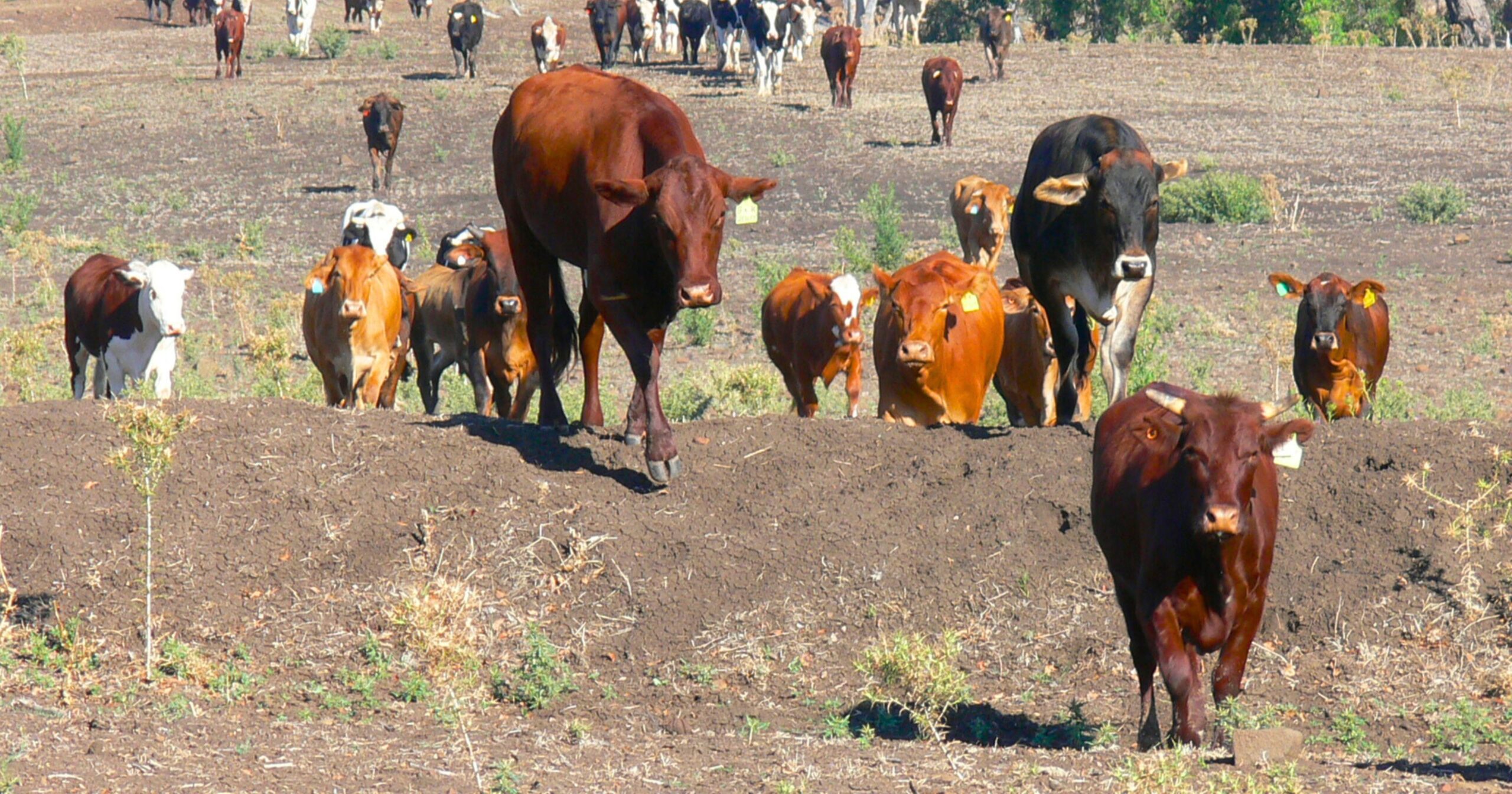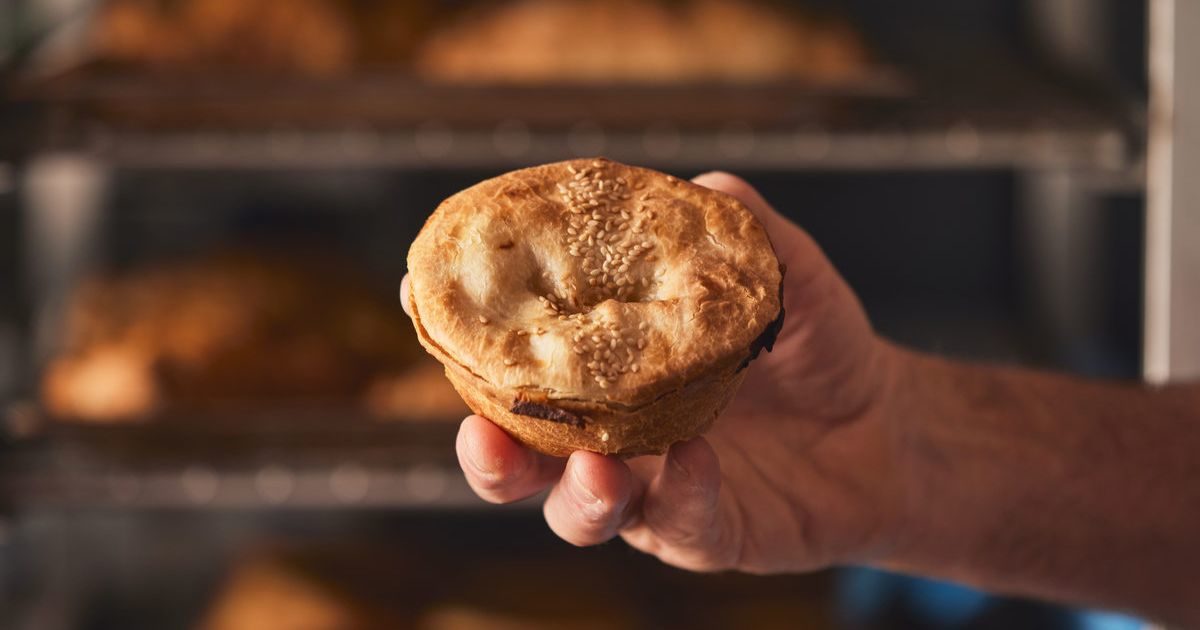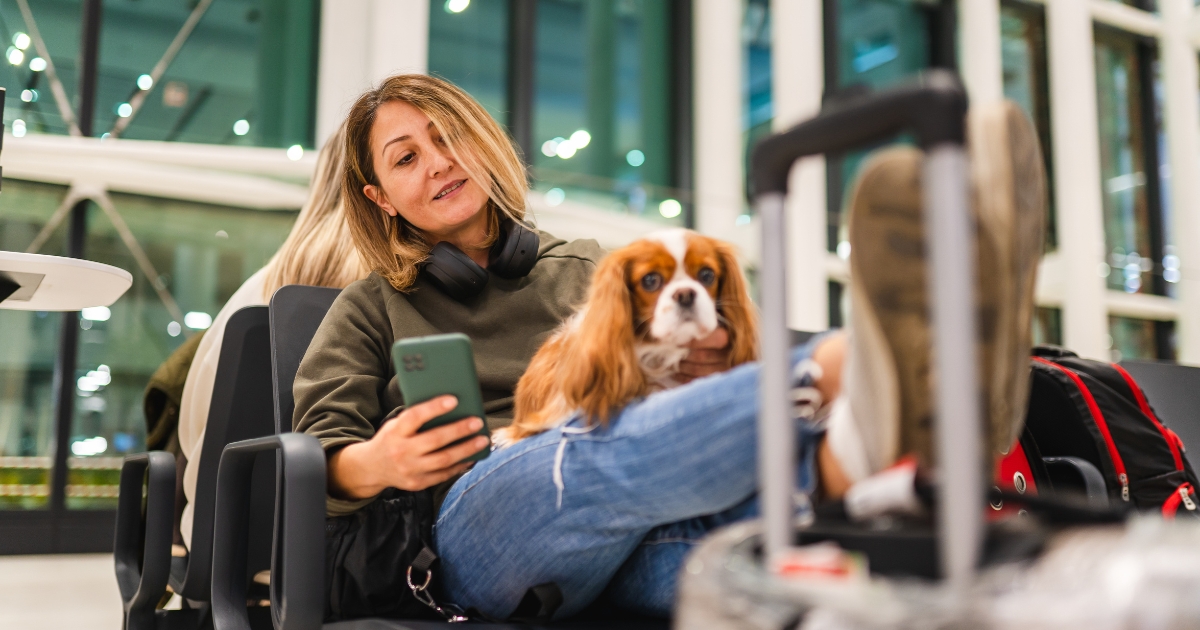Call for return of Indigenous remains to Country

Plea: Dja Dja Wurrung Group CEO Rodney Carter has called for high-tech methods for identifying and returning the remains of First Nations Peoples held by local and international institutions and private collections. Photo: SUPPLIED
CEO of Dja Dja Wurrung Group, Rodney Carter, has joined the growing push for the return of remains of First Nations Peoples held by museums, universities, and other institutions to their descendants.
Mr Carters call came in the form of an academic paper presented at a recent University of Queensland event.
The paper, titled Bringing the Ancestors home: informed consent, was delivered to the American Anthropological Association Commission for the Ethical Treatment of Indigenous Human Rights Listening Session.
The document suggested genetic testing methods could be used on Aboriginal and Torres Strait Islander remains to identify their origin, including isotope analysis which is used by the Australian Defence Force to identify unknown soldiers.
It also proposed a project to make a genomic map of Indigenous Peoples, and also an alternative method less intrusive to isotope analysis, laser ablation.
“More than 12,000 cases of Aboriginal ancestral remains are estimated to be held by state institutions in Australia,” said Mr Carter.
“This does not include those held in private collections and by international institutions.
“The spirits of these ancestors are trapped and displaced from their mother countries. Aboriginal communities have stated their aspiration to return their ancestors to the countries from which they were stolen.
“Often, however, this aspiration can be thwarted by a lack of documentary evidence to establish the community of origin of ancestral remains held by institutions. The science is there.”
Mr Carter said in the case of his ancestors he is the next of kin, therefore should be decider of what happens to their remains.
“My ancestor did not consent to an initial treatment,” he said. “I feel obligated to authorise a subsequent treatment to make them well again.
“In today’s society, we seek many medical intrusions for our own health. This care should be extended to our ancestors who do not have their own voice to say, ‘enough is enough, take me home’.”
“Our own collective voices must be applied to the needs of all our ancestors, who never chose the boxes they occupy.
“They never gave consent and, if I am to be benefited from sciences in any form, I should not deny my ancestors the same benefits to heal them, to let them go back to country.”


















